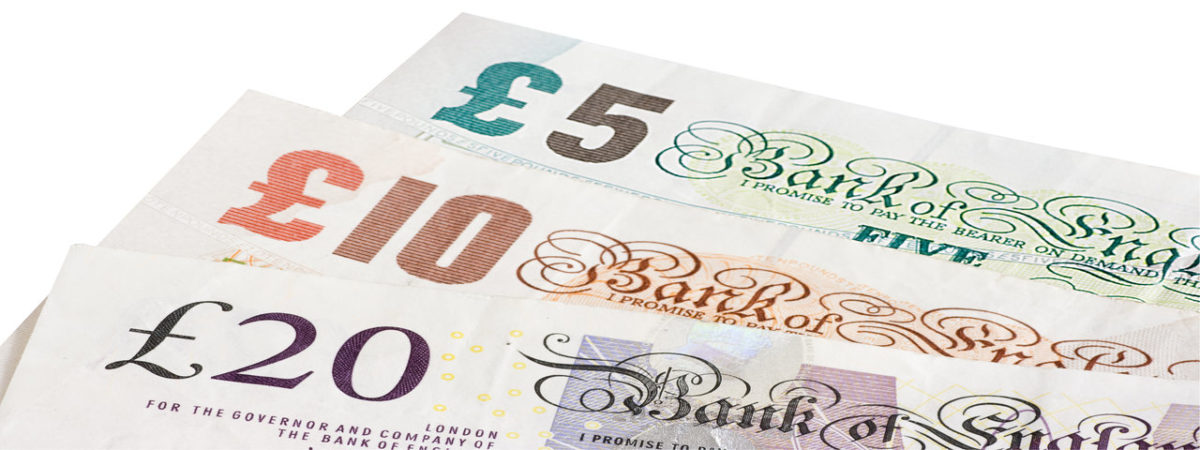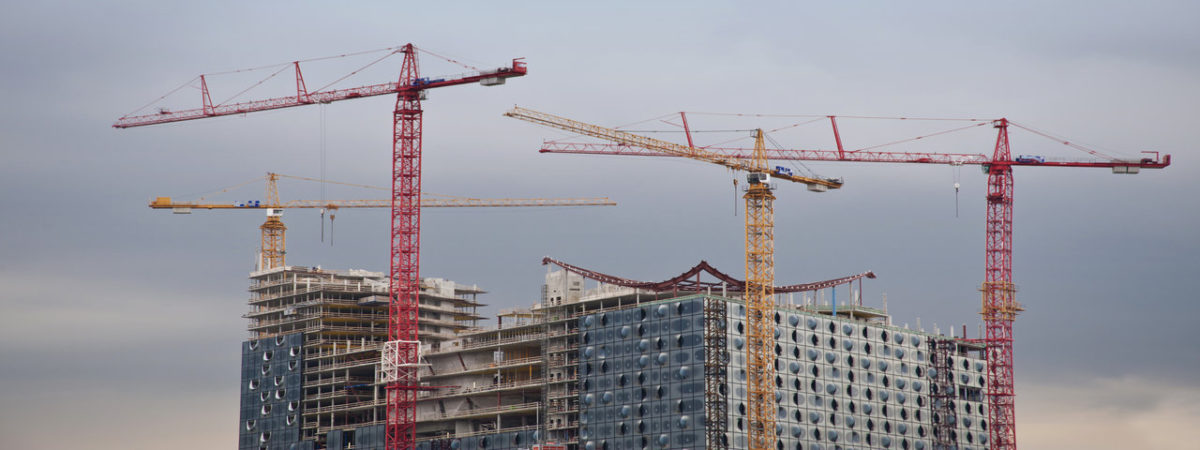Denationalising Britain’s roads would raise more than £150bn, new research shows
SUGGESTED

The UK has a long-term growth problem which it will not solve until government spending and taxation are reduced

Deregulation not government intervention is the solution to industrial growth

New research argues that the government should go denationalise the entire road network
Privatising Britain’s road network would raise more than £150bn. This could be used to phase out motoring taxes. It would not only deliver a better road network for Britain’s drivers, but would also cost motorists less than the current system.
The growing number of successful privately built and operated roads around the world – often in developing countries – also strengthens the case for ending state control.
Britain’s road network is poor
- Across the world, state-owned roads are characterised by endemic congestion, high accident rates, poor maintenance and wasteful investment. The estimated cost of congestion in the UK alone is £20bn a year. Adjusting for traffic levels, Britain has a far smaller motorway network that most other major economies.
- The government is biased towards public transport over road investment, and cost-benefit analyses are often ignored. Road schemes have been cancelled with benefit-cost ratios three times higher than High Speed 2.
A privatised road network would be cheaper and faster for motorists
Allowing private owners to negotiate routes, set toll rates, control access and determine rules for users would:
1. Ensure more efficient use of existing capacity
2. Provide more efficient investment in new capacity
3. Allocate traffic flows more efficiently
4. Smooth traffic jams
5. Reduce the number of road accidents and fatalities
6. Allow innovations such as higher speed limits and heavier lorries
Road users would pay less under a privatised road network than they do at the moment and would have a better quality network. For example, tolls for cars could be as little as 6p per mile on a brand new motorway. For most cars, this would be less than the fuel duty currently paid. Charges for using existing parts of the network would generally be even cheaper than this.
A plan to privatise
- Denationalising the road network would involve phasing out taxes applied specifically to the road sector, such as fuel duty and Vehicle Excise Duty (road tax).
- The reform of transport taxation could be part funded by transfer of new road construction to the private sector, thereby reducing government spending on the road network. New infrastructure could be funded by tolls, property development, or some combination of the two.
- The privatisation of the network of strategic roads alone could yield about £150bn if motoring taxes were cut and pricing introduced. The revenues raised from the sale of roads should be used to reduce motoring taxes. Inefficient taxes would therefore be replaced by an efficient system of tolls.
- Further revenue from privatisation could arise from the sale of roads that are not currently classed as trunk roads but which have most of the characteristics of trunk roads and which could be gradually privatised – this could include ring roads. Additional revenue would also arise from the privatisation of roads owned by local authorities that were sold to businesses or local residents.
- Local residents, individually where appropriate, but more typically in voluntary associations, should be given the ‘right to own’ the residential roads adjoining their properties. A simple transfer process should be introduced, similar to the UK’s ‘right-to-buy’ programme for social housing.
- Policymakers need to learn from the process of rail privatisation. Trying to achieve political objectives through privatisation, rather than withdrawing properly results in massive distortions, as has occurred with the rail network. These are then blamed on the market, but are actually a result of government interference.
Commenting on the report, one of its authors, Dr Richard Wellings, Head of Transport at the Institute of Economic Affairs, said:
“For too long British drivers have had to pay over the odds for a road network that is simply not up to scratch. It is lamentable that this vital area of infrastructure has been neglected by government after government. Denationalising the network would ensure British motorists had better roads to drive on. It would also be much cheaper and mean an end to the enormous burden of motoring taxes like fuel duty.”
Notes to editors
To arrange an interview about the publication please contact Stephanie Lis, Director of Communications: slis@iea.org.uk or 020 7799 8909
The mission of the Institute of Economic Affairs is to improve understanding of the fundamental institutions of a free society by analysing and expounding the role of markets in solving economic and social problems. The IEA is a registered educational charity and independent of all political parties.



